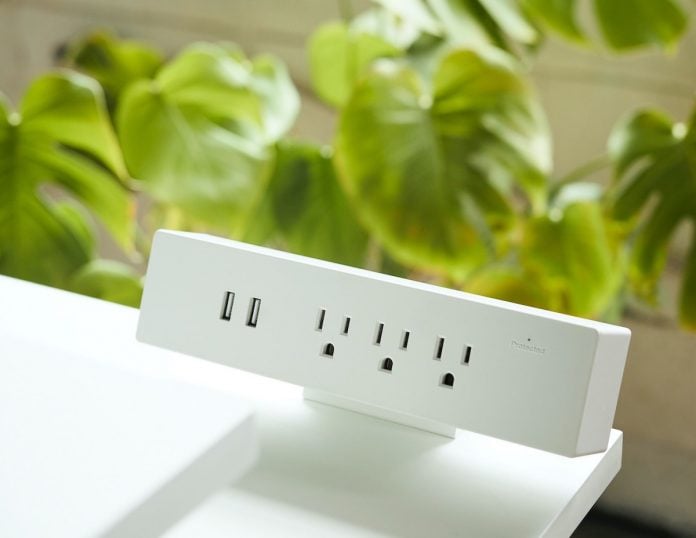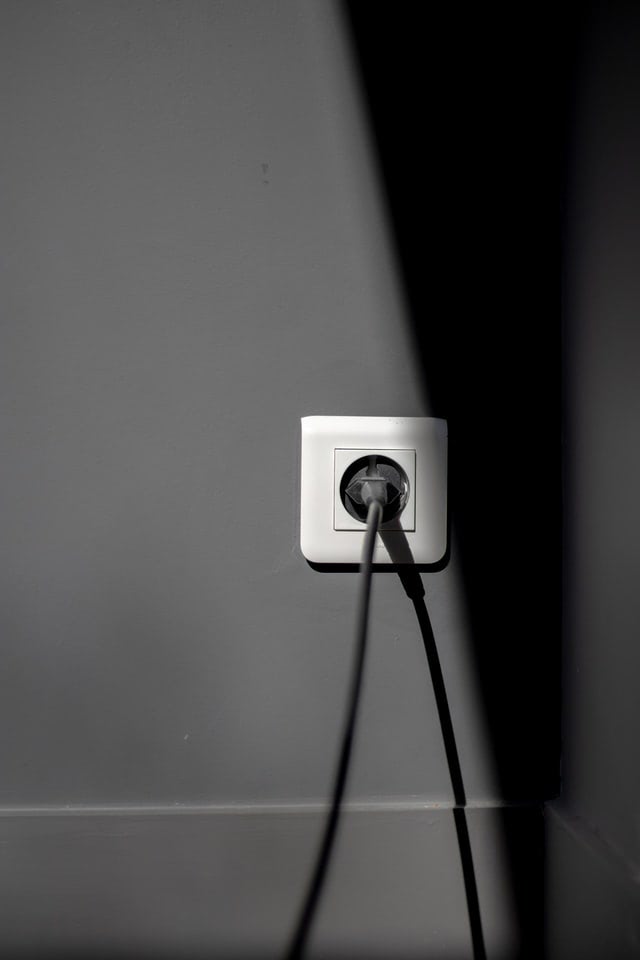Common Electrical Safety Mistakes People May Make at Home
It’s simple to approach daily living at home with a laid-back, easygoing attitude. However, despite our efforts, bad habits can occasionally persist. To keep family members safe when it comes to fire and electrical safety, it is necessary to keep a sharp eye and know some common electrical safety mistakes that you could avoid.
The most frequent yet deadly electrical blunders are listed below, so you can take the required steps to protect yourself, your family, and your way of life at home.
1. Overloading Power Boards
An excellent way to increase the electrical network is power boards, but they can also quickly catch fire. This is because each power point has a maximum amperage rating, although it is still possible for it to pull more electricity through the outlet. Power boards are, therefore, the most straightforward source of overloaded circuits.
Overloading a circuit, which happens more frequently in older homes, can result from connecting too many devices or utilizing only a few that require high amps. Even if a power board contains eight outlets doesn’t necessarily mean it can power eight appliances at once. Therefore, how many outlets your power board contains doesn’t make a difference when avoiding an overloaded circuit.
A circuit breaker must be installed in your switchboard to turn off electricity to an overloaded circuit. However, there is still a chance that the board will heat up and cause fire, especially when it is a less expensive power board from a dubious manufacturer. Have a licensed electrician install additional power points and improve your switchboard if you need greater access to power.
2. Older Wiring
Nothing is more dangerous than failures brought on by old electrical lines, infamous for causing damage to older homes without regular maintenance work. In addition, older homes could have defective grounding systems and wiring worn-out or subpar insulation.
When exposed to flammable materials, defective insulation on wiring and out-of-date grounding may cause an electrical shock if contacted. Electrical wiring has advanced significantly thanks to contemporary technologies built with health and safety in mind.
However, wiring has a finite lifespan. The typical homeowner has no simple method for locating hidden wiring that is damaged. Homes built more than two decades ago need to have the wiring inspected, and anything built before 1980 must have a certified electrical expert take a detailed look before you put down money as a deposit.
3. Wet Hands and Hair
A wet body, hands, and hair make good conductors of electricity. Therefore, if electrical devices, switches, power boards, or extension cables are touched when wet or moist, there is a risk of an electric shock. So, break the habit and fully dry yourself before contacting anything with an electrical connection. Whether from rain, splashes, or spills, switches and appliances exposed to water run the same risks.
Additionally, water hastens the oxidation of metals, which raises the temperature of appliance parts and increases their danger of catching fire. Regularly inspect your appliances, and if anything seems broken, hot to the touch, or trips the power, turn off the electricity and take them out of commission until an electrician looks into it.
4. Curious Toddlers
No one is more unpredictable and inquisitive than toddlers, as any parent can relate. Also, the power outlets’ location puts young toddlers at risk for burns and electric shock. Electrical outlets can cause one of the largest electrical hazards in the home, whether it be from constantly switching the switch or attempting to put objects into the sockets.
Finding protective covers for exposed power points would be imperative until the kids are old enough to get educated. Most hardware stores have inexpensive plastic covers that can be used to prevent any curious toddler from inadvertently injuring themselves.
5. Light Bulbs and Lamps
Every type of lighting produces heat. Even though current LED bulbs are cool, the lighting fixtures can still generate heat. It’s simple for lamps or lights to be knocked over, come into contact with bed sheets, curtains, or carpet, and start a fire if kids and animals are playing around the house.
Lamps might also have uncovered electrical components that, if damaged, can result in electrocution. So, always try to keep lamps out of reach and on sturdy surfaces where they might not be pushed over to prevent electrical accidents.
6. Water on Electrical Fires
When an appliance catches fire, your first thought might be to use water to douse the fire. But remember, you should never use water to put out an electrical fire. An unpleasant shock or a severe injury may ensue from adding water to the flames.
Additionally, any water that spreads and conducts electricity has the potential to ignite other combustible materials. Utilizing the right extinguisher is the best technique for installing an electrical fire. Turn off the electricity at the breaker, then extinguish the fire using a CO2 fire extinguisher.
The black label model is a suitable one to keep as an extinguisher as they are generally categorized into distinct groups according to their colored labels. For electrical fires, only black is appropriate. For emergencies, keep a tiny extinguisher in the shed, behind a cabinet, or under the sink.
In short, to make sure your electrical system is not causing any harm and working properly, go through the following steps:
- For increased electrical safety, always adhere to appliance instructions.
- To protect your home, be cautious of overloaded outlets.
- To keep your house safe, replace or repair any damaged electrical wires.
- To avoid damage, keep your used or unused cords organized and safe.
- To minimize dangers, unplug any equipment that isn’t in use.
- To avoid shock, keep electrical appliances and outlets away from water.
- To prevent overheating, give your appliances adequate room for air movement.
- To avoid fire threats, ensure that all exhaust fans are clean.
- To avoid any mishaps, be cautious around heaters and water heaters.
Final Words
Knowing few common electrical safety mistakes that often people may make it their homes is essential. However, ensuring health and well-being helps to have the appropriate tools and perspective. Electrical hazard concerns can be greatly decreased with a few straightforward precautions, which should ease your mind and allow you to resume your carefree, easygoing way of life.







